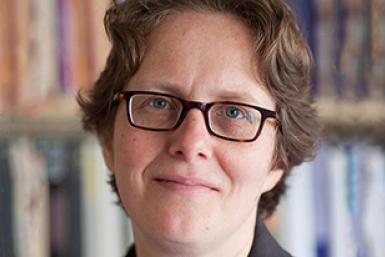|
My interest in questions of demography and justice started with my PhD dissertation, in which I developed a conceptualisation of gender injustice using the capability approach (defended at Cambridge University, 2002). Some of that research is theoretical, for example my account of gender justice (which was published in a book edited by Jude Brown); some of that research tried to build the bridge between theory and empirical evaluation, such as this paper in Feminist Economics. Since my methodological commitments are with understanding real-world problems, research aiming to contribute at institutional design, and non-ideal theorising, the analysis of unjust gender inequalities inevitably brings one to think about issues of justice and care work, as well as justice between parents and nonparents. In the period 2006-2011, I directed a VIDI-project on ‘social justice, demographic change, and the new welfare state’. Anca Gheaus contributed several papers to this project (see her profile here), as did Anders Schinkel who wrote a fine paper on ‘Filial obligations’. I also (co-) authored several papers analysing which policies could advance justice in the area of gender, parenting and care work, including a paper co-authored with Anca Gheaus defending an egalitarian design of parental leave systems, as well as a paper arguing for compulsory citizens’ duty to care. In recent years, my interests have shifted back to economic inequalities, but also expanded to ecological justice (those two questions, together with questions on agents of change as well as nonideal methods, will be part of my ERC CoG project Fair Limits that runs until 2022). I have two unpublished papers on procreative freedom in the context of climate change, and am trying to argue that, if one were to have individual emissions entitlement (a ‘carbon card’), procreation-related emissions should not be taken from that card (in other words, procreative parenting is ‘special’ and not morally equivalent with consumption-based forms of emissions.) Since I’m trying to do too many other things, progress on those papers is slow. Working on this question has also reaffirmed my conviction that not all questions of justice can be properly addressed with the resourcist framework, but that, in this case, the capability approach, in itself, doesn’t have the theoretical resources to make this argument. Yet as I’ve argued in a book on the capability approach that was published earlier this year, this should not be seen as a critique on the capability approach, but simply follows from its proper interdisciplinary, multi-purpose understanding. Ingrid Robeyns is Professor of Ethics of Institutions at Utrecht University.
1 Comment
|

 RSS Feed
RSS Feed
